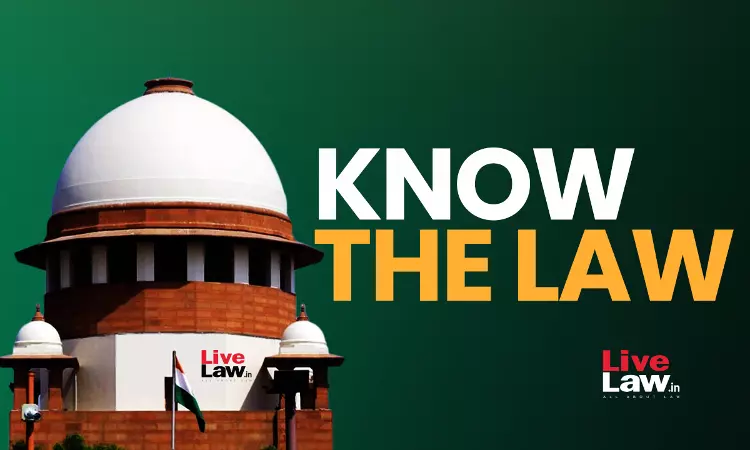Compassionate Appointment : Supreme Court Summarises Principles
Sohini Chowdhury
9 March 2023 10:34 AM IST

Next Story
9 March 2023 10:34 AM IST
The Supreme Court, recently, held that since compassionate appointment is not a vested right. A claim for compassionate appointment by the dependent of the deceased employee may not be entertained after a lapse of a considerable period since the death. The Court opined - “...the operation of a policy/scheme for compassionate appointment is founded on considerations of immediacy. A sense...
